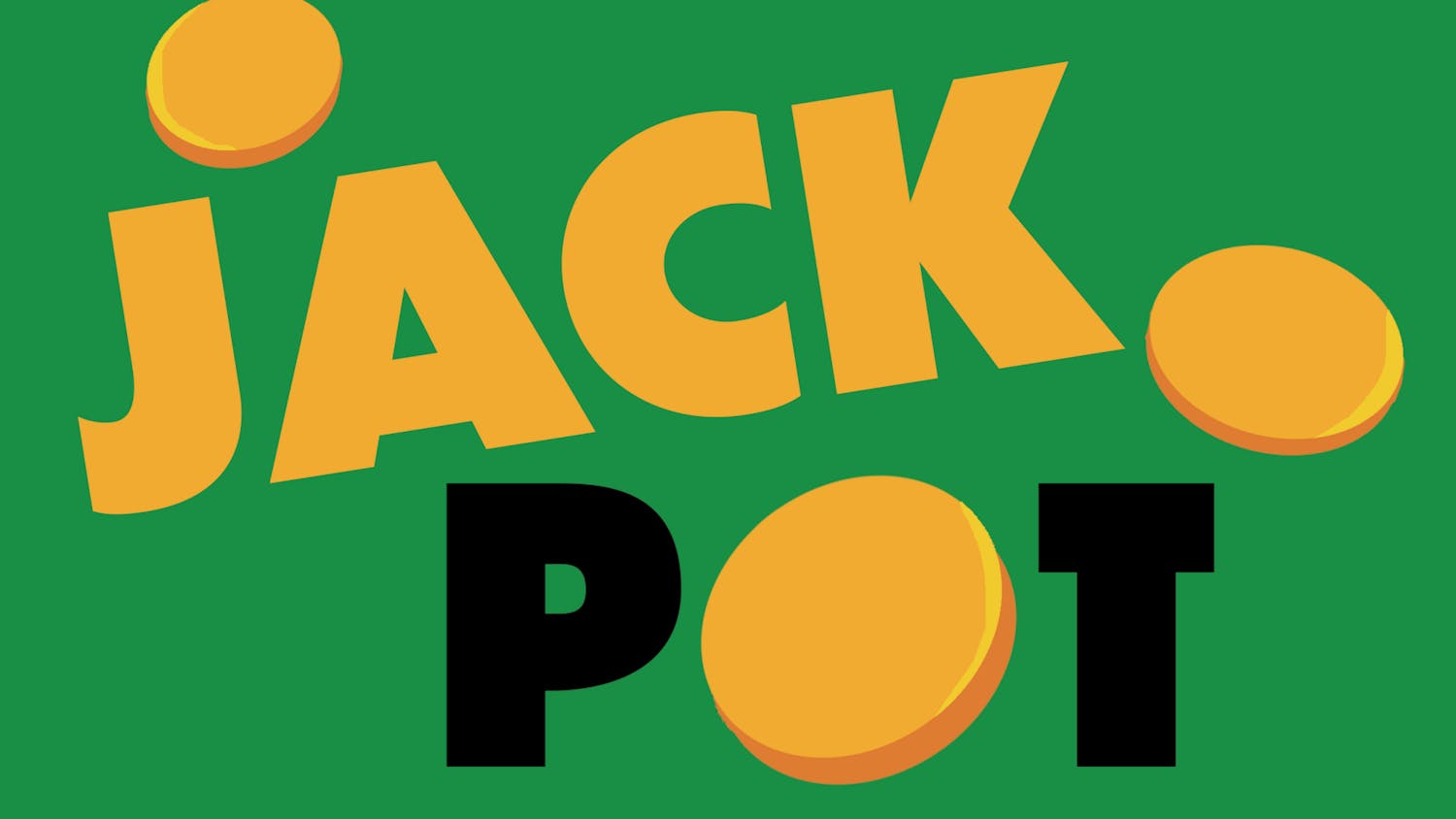45% of 18- to 22-year-olds suggest that they are “completely addicted” to social media, signifying a higher rate of addiction than any other age group. Importantly, that statistic was captured in April 2019 – well before the pandemic began. Because the pandemic has curtailed opportunities for face-to-face socialization, it would not be irrational to conclude that today’s number of young adults addicted to social media may be even higher.
Further exacerbating our tendencies to overuse social media have been recent political developments. From a president who (until recently) distinctly favored Twitter as a mode of communication to news of riots and protests breaking on social media long before major news outlets reported them, social media’s role in our civil lives have burgeoned.
The detrimental effects of overusing social media on mental health are well elucidated and do not need to be lingered upon. All the same, it is worth a reminder that social media increases feelings of jealousy, inadequacy, FOMO and even isolation.
Politically, the effects can be equally or more nefarious. Because we tend to selectively interact with those whose ideologies reflect our own on social media, social media lend themselves to the creation of echo chambers. These, in turn, can result in radicalization and extremism. The fact that 41% of Americans report being harassed online speaks to the pervasive synergy of all these disturbing threads.
Obviously, there is much to be gained from limiting our time on social media – experts advise 30 minutes per day is the optimal level of use (as of 2019, however, the average American user exceeded that amount by a multiple of 4).
There are two difficulties in diminishing time spent on social media: first, social media is designed to be addictive, and second, they are becoming increasingly requisite to participation in society. As previously alluded to, news developments break first on social media. Socializing, advertising, organizing and theorizing have also increasingly become functions of social media. In short, breaking away from social media is not easy.
Enter a godsend: app limits. Both Android and iOS now allow self-regulation in the form of predetermining a maximum daily duration for the use of a given app. I first applied app limits after I wised up to the deleterious effects that doomscrolling (the act of rapidly and frequently consuming loads of negative social media content) was having on my mental health during and after the 2020 Election. Mornings, evenings and everything in between were sprinkled with frantic scrolling to understand the next great tragedy of the pandemic or threat to democracy. It was exhausting.
In times when I could have been playing with my cat or baking or going for a walk, I was inundating myself with all that is wrong and getting worse. In short, I was consistently uprooting myself from the pleasant possibilities of my present and then replanting myself in the noxious soil of social media.
So, I set app limits. Instantly, I felt subtle encroachments of feelings of liberation. I started small, giving myself a rather generous allowance of two hours per day and have gradually worked down since. And while there was initially comfort in being told, “That’s enough for today,” (even if by my phone), I am increasingly finding that my desire to use social media is declining such that I rarely meet the limits I have set – even as those limits grow more stringent.
Certainly, I do not believe that social media is evil. If used correctly, social media can be powerful tools to connect us with friends, activists, reporters, politicians and celebrities. Equally, exposure to injustices through social media can galvanize users into acting for positive change. But no single human could or should wear the weight of the world’s myriad woes on their shoulders. Beyond that, dogma on social media not supported by tangible lifestyle changes and demonstrations is nothing more than performative. Less time on social media offers increased opportunities to meaningfully apply the activism we so often advocate online.
Ultimately, my own experience attests to the value of moderation in social media use: the hours of my day that I no longer spend on social media go to more meaningful ends, like exercising, reading, cooking and safely spending time with those around me. I feel more connected with the moment, less anxious and more comfortable in my own skin.
Seeing any addiction from within can be difficult. This certainly holds true for addiction to social media, so before you dismiss my suggestion, try it out – if even for just a few days. Start small and reduce at your own pace. The benefits may surprise you!
Sam Smith is a rising senior studying geography at Ohio University. Please note that the views and opinions of the columnists do not reflect those of The Post. Want to talk more about it? Let Sam know by tweeting him @sambobsmith_.






